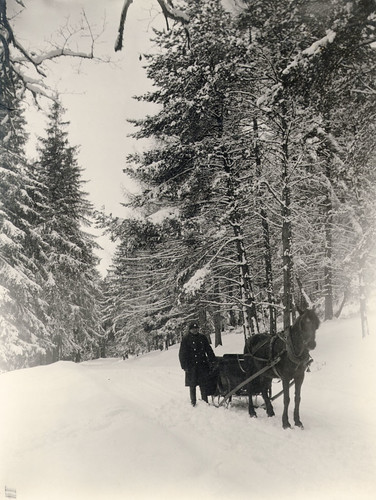Whose woods these are I think I know.
His house is in the village though;
He will not see me stopping here
To watch his woods fill up with snow.
My little horse must think it queer
To stop without a farmhouse near
Between the woods and frozen lake
The darkest evening of the year.
He gives his harness bells a shake
To ask if there is some mistake.
The only other sound’s the sweep
Of easy wind and downy flake.
The woods are lovely, dark and deep.
But I have promises to keep,
And miles to go before I sleep,
And miles to go before I sleep.
What Is The American Promise?
Regis Nicoll sums it up in words:
Five decades after America gained independence, French political analyst Alexis de Tocqueville remarked on its exceptional character.
Unlike other nations that were defined by ethnicity, geography, common heritage, social class, or hierarchal structures, America was a nation of immigrants bond together by a shared commitment to the democratic principles of liberty, equality, individualism and laissez faire economics.
Those principles comprise the “America creed,” which, G. K. Chesterton wrote, “is set forth with dogmatic and even theological lucidity in the Declaration of Independence.”
Aaron Copland sums it up in music:
Paul Calle sums it up in a painting:
[Source]


No comments:
Post a Comment